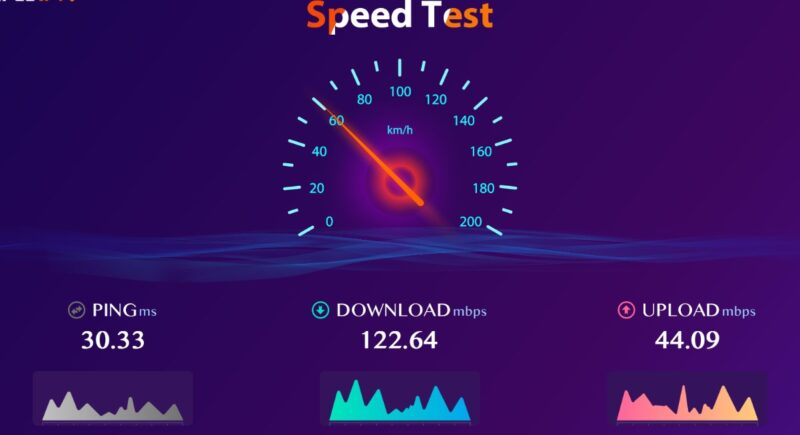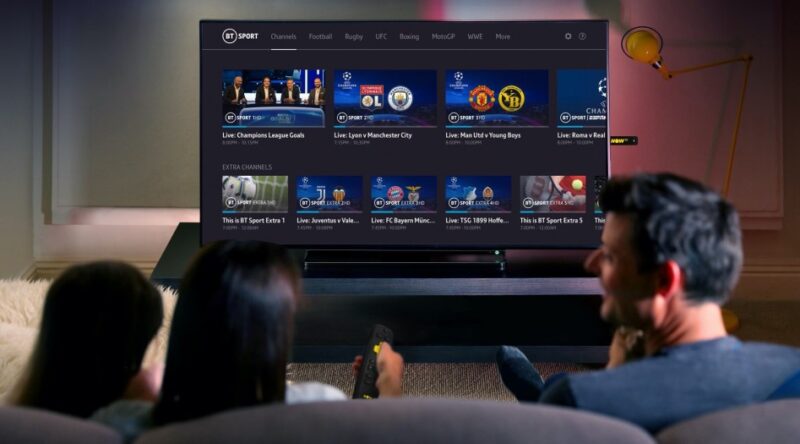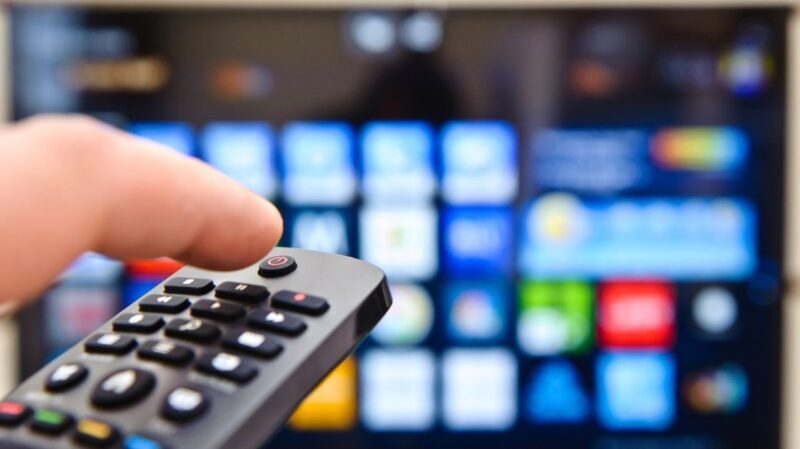When it comes to streaming IPTV, the speed of your internet plays a crucial role in the quality of your viewing experience. Choosing the right internet speed ensures you avoid buffering, lag, or pixelated images. The key question many people have is: how fast does your connection need to be to stream IPTV smoothly?
Before jumping into specific speeds, it’s essential to note that various factors can affect your streaming experience. Internet speed isn’t the only element, but it’s certainly a primary one. Depending on the resolution you’re aiming for, the required speed can differ significantly.
Key Points
- Internet speed requirements depend on the quality of the stream.
- Factors such as resolution and device types impact your overall experience.
- Higher resolutions require faster speeds.
- 4K streaming needs the fastest connection.
Basic IPTV Speed Requirements

For those just beginning with IPTV, a basic speed of 3-4 Mbps will suffice for standard-definition content. This speed is enough for watching content on a single device with no interruptions. However, as you increase the resolution, the internet speed must also increase. For smooth, high-definition streaming, at least 10 Mbps is recommended.
When considering Internet Protocol TV you want to make sure your internet connection supports HD and 4K quality streaming. The Sverige IPTV service offers a vast selection of channels and movies, which is fantastic if you have the internet speed to match the quality provided. With resolutions that can go up to 4K, a stable internet connection becomes crucial for an optimal viewing experience.
HD Streaming and Higher
Once you move beyond standard-definition, things change. If you plan on streaming high-definition content, at least 10 Mbps will keep things running smoothly. In HD, the quality improves, but so does the amount of data your internet must process. A slow connection would lead to constant buffering, which is frustrating when you’re in the middle of your favorite show or sports match.
When it comes to full HD (1080p), it’s best to have a connection that can handle up to 15 Mbps. Anything slower, and you might encounter stuttering or delays, particularly during high-action scenes. Higher-quality streams put more stress on your internet connection, which is why having the right speed is essential.
4K Streaming

For 4K, the demands are much higher. Streaming 4K content requires a minimum of 25 Mbps to work smoothly without interruptions. With more pixels to load, the stream consumes significantly more bandwidth. If you’re using multiple devices at once or have several people watching different channels, you may need an even faster connection.
Many IPTV services offer 4K content for an enhanced viewing experience. If you’re subscribed to a service that includes 4K channels, it’s essential to ensure your internet connection can support it. A fast internet connection allows you to enjoy crisp, clear images and seamless viewing without glitches.
Multiple Devices
Another factor to consider is how many devices will be using the internet simultaneously. If you’re the only one streaming IPTV, the requirements are straightforward. But if you share your connection with others who are also streaming, gaming, or browsing the web, you’ll need more bandwidth. If using multiple devices, here’s how to manage cables properly.
In homes with multiple users, internet speeds should increase to prevent drops in quality. For example, if one person is streaming in 4K, another is browsing social media, and another is on a video call, your connection should be at least 50 Mbps to handle the load.
The Role of a Stable Connection

You might have fast internet, but if your connection is inconsistent, you’ll still experience buffering and interruptions. Consistency in your connection is key to ensuring smooth streaming of IPTV content.
Many IPTV services emphasize uptime and stability, so make sure that your internet provider offers a stable connection. Even if your speed is theoretically fast enough, fluctuations can ruin your viewing experience.
Picking the Right Speed
To sum it up, the speed you need depends on the quality of the IPTV service you’re using and the resolution of the content. For basic streaming, 3-4 Mbps is enough. For HD, you should aim for 10-15 Mbps. And if you want to enjoy 4K content, be prepared to have at least 25 Mbps.
Don’t forget to account for the number of devices using the internet at the same time. If your household has several users, a higher speed is essential to keep everyone connected without sacrificing quality.
Ultimately, the goal is to have a smooth, high-quality IPTV experience without the frustration of constant buffering or lagging. By ensuring your internet speed matches your IPTV needs, you can enjoy all your favorite channels and movies with no interruptions.




